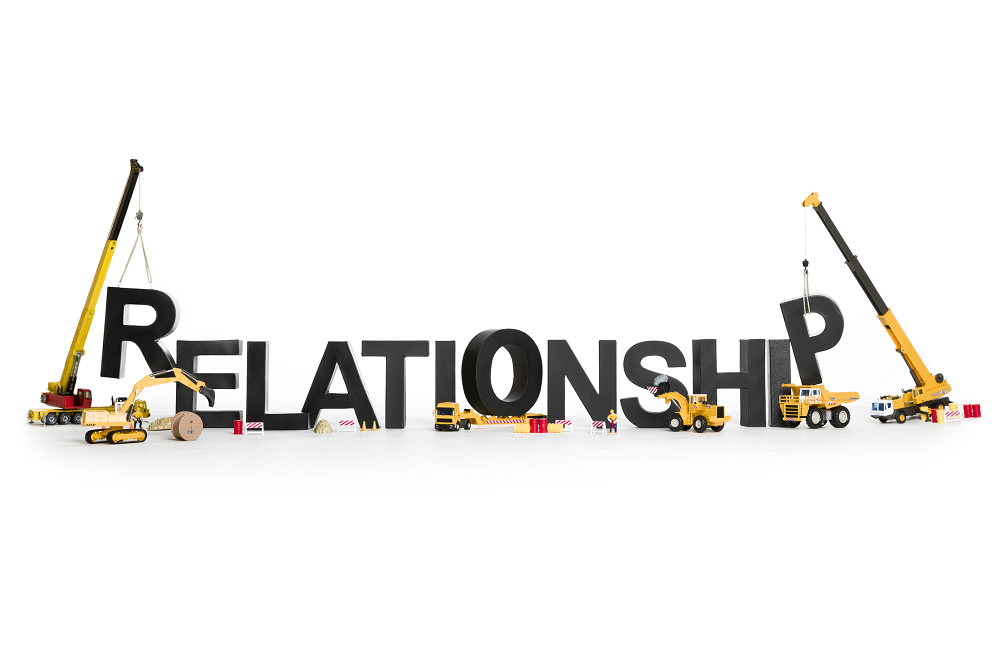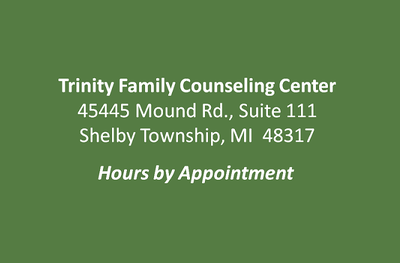Relationships and Marriage
|
Think for a moment about how you would respond to the prompt, “I am….”? What came to mind first? If you are like most people, you likely thought about yourself in relation to others. Simply stated, we think of who we are by the roles and titles that define our relationships: “…a wife …a teacher …a father...” Most of us define who we are by the relationships we are in.
And yet, relationships are HARD. The majority of clients, couples, and families who come into our counseling practice are almost always struggling in one way or another with a relationship in their lives. Relationship counseling can provide a safe setting in which to unravel hurts from the past, learn healthier communication skills, and resolve conflict in ways that restore honor and respect in the relationship. Marriage counseling is one of the cornerstones of our services here at Trinity. Whether you are planning to marry, newly wed, or have spent the better part of a lifetime together, our counselors are here to offer guidance to strengthen and empower you as a couple. If your marriage has simply hit a bump along the road, or you are wondering if you can stay in it even another minute; we can help. |














